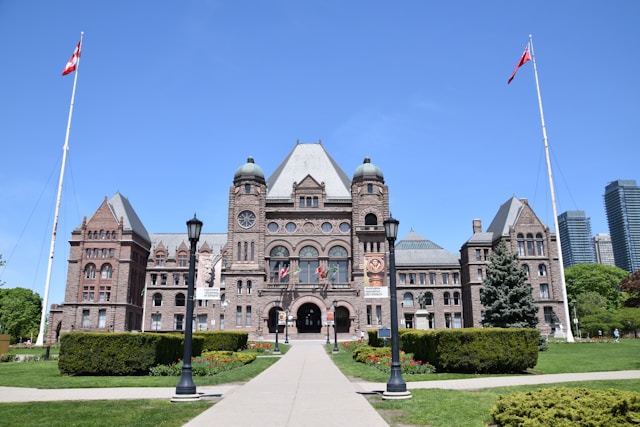If intimate partner violence were the result of rabid dogs roaming Ontario, the province would not hesitate to act. Yet when faced with the stark reality of such violence—persistently lethal, statistically overwhelming, and devastating for thousands—the Ford government continues to resist calling it what it is: an epidemic.
Ontario’s refusal, even after committee hearings and direct appeals from survivors, advocates, law enforcement, and more than 100 municipalities, signals a chilling disconnect. Last year, a bill that would have labelled intimate partner violence an epidemic was diverted to further committee study instead of being adopted outright. The story repeated itself this summer: as the New Brunswick government swiftly embraced the epidemic label, Ontario’s legislature rose for the season still mired in debate, its leaders insisting on more deliberation.
The government’s defence is rooted in semantics. They argue that ‘epidemic’ should be reserved for infectious diseases, not social crises. But this narrow definition ignores the broader public health impact. Experts and frontline workers see the harm multiply year after year; survivors and families demand urgency. The government’s technical reticence not only delays resources but also obscures the true scale of the crisis. If a non-human cause created this level of violence, Ontario would already have declared an emergency and committed extraordinary resources.
This is not an abstract debate. The refusal to use the word ‘epidemic’ signals, intentionally or not, that the crisis is less urgent than it is. Funding remains piecemeal, and critical supports for both survivors and perpetrators lag. The government points to over $1.4 billion committed over four years for gender-based violence initiatives, yet even these resources are subject to the inertia of deliberations rather than the momentum of decisive action. In contrast, New Brunswick’s recent move shows that acknowledging the epidemic is not only possible but necessary to unlock rapid, systemic change.
Ontario’s definition may be technically correct, but its priorities beg to differ. If dogs statistically created this level of violence, we’d likely ban them, not debate whether their attacks constituted an epidemic. The question is not whether the harm fits a textbook definition, but whether we are prepared to confront the real crisis with the urgency it demands. Refusing to name the epidemic does not lessen the damage—it only prolongs it.
References:
Ford government again refuses to declare intimate partner violence an epidemic

